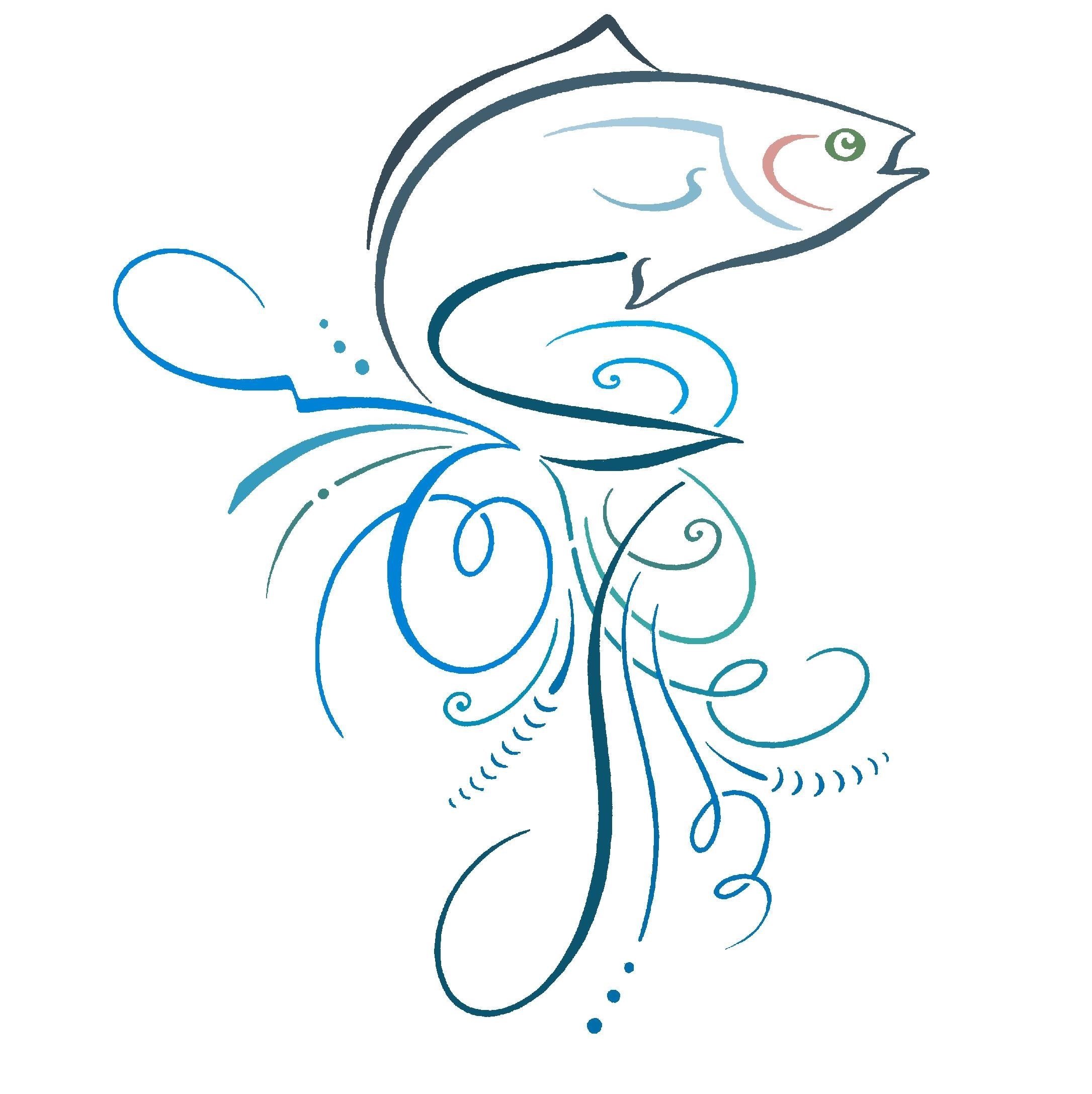THE STORY
New Zealand is a nation steeped in the culture of fishing. From the days of tikanga-based fisheries management, whaling and toheroa, through to the quota management system under which we now operate, fish forms an integral part of our lives and of our food culture.
The debate around seafood hinges on one word – sustainability.
Sustainability to Yellow Brick Road is a principle that exists on a spectrum. At one point are organisations such as Royal Forest and Bird and Greenpeace, who take a precautionary approach to sustainability. That is, the less we know, the more care we must take in both the amount of a target species we take, and the methods we use to catch it. Red Lists (which classify threatened species) and Good Fish Guides preclude a number of species and catch methods currently deployed.
At another point on the spectrum sits the Ministry of Primary Industries, which is also the architect and regulator of our Quota Management System. Widely recognised as the global benchmark for fisheries management, the Quota Management System annually reviews and sets a total allowable catch by species and region. Through this system, the Ministry endeavours to ensure the fish we purchase at retail and in our restaurants is caught to sustainable levels.
At first glance they appear adversarial, but we're not convinced this is the case, as you'll get no argument from any camp – customary, recreational, commercial or otherwise – that it's part of who we are as a nation to catch and eat fish; nor that the right must be preserved.
As a word, 'sustainable' is overused and misunderstood. Put simply, a sustainable fishery is one whose practices can be maintained indefinitely without adversely impacting on other species within the ecosystem.
Our touchstone for sustainability is the Quota Management System. From quota management we consider provenance and practice. There are many ways to catch a fish. There are ways to show respect and demonstrate responsibility in catching and purchasing fish that engender true sustainability.
Yellow Brick Road was founded in 2006 to ensure the phenomenally hard work invested in responsible farming and fishing was rewarded with products maintaining their integrity through to the country's leading restaurants. In New Zealand, where we have a reputation as a world class producer of seafood, and with access to the best and freshest seafood, our vision is to ensure we are the best versions of ourselves right here at home. Our aim is to take those that catch, closer to those who cook.
We work predominantly with fishermen who catch using long-lines (one fish per hook) on day boats. Each boat has a skipper and one or two deckhands on board, they catch in-shore species and they are out on the water for just a few hours at a time. We work with people who farm and harvest oysters, mussels and clams by hand. We do not work with trawl-caught fish, nor will we purchase fish without knowing who caught it, when and how. We endeavour and encourage others to work with as wide a variety of species as we are allowed, and we will not work with species we believe to have a degree of questionability over them internationally.
New Zealand manages the fourth largest Exclusive Economic Zone in the world and we have the ninth largest coastline. To all intents and purposes we are an ocean territory superpower, yet we're responsible for a miniscule amount of the world's seafood production. What we do catch we endeavour to do according to science-based stock plans and we have a burgeoning and world class aquaculture industry aiming to address future demands for sustainable seafood.
The fish sourced through Yellow Brick Road is caught responsibly and when from Cloudy Bay, they are certified by European agency Friend of the Sea. It is the only fish in the country certified in this way, and to this degree.
The key to New Zealand's future in this industry is not volume, it's value. We believe responsibility, respect, and provenance are paramount to preservation. Happy fishing!
